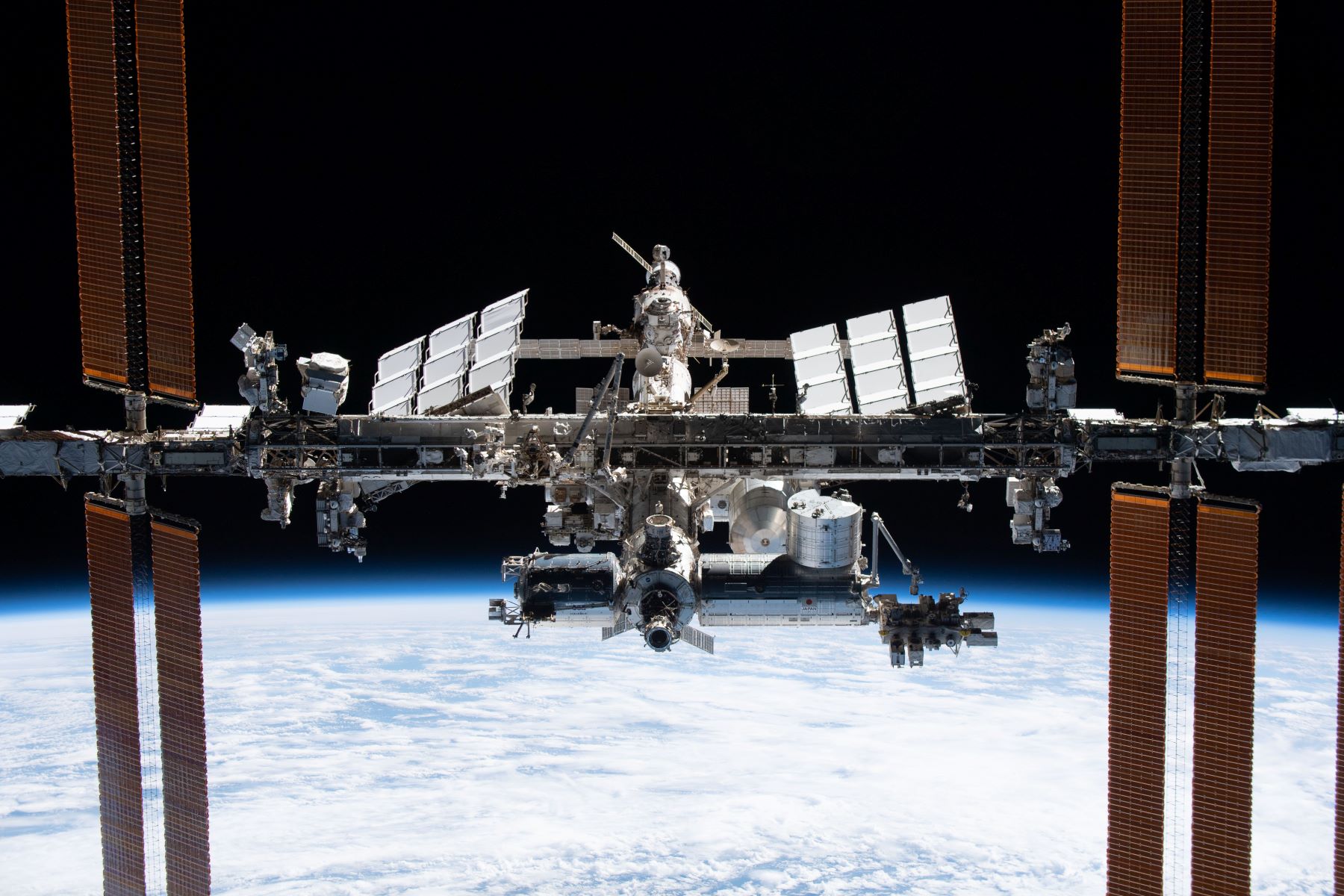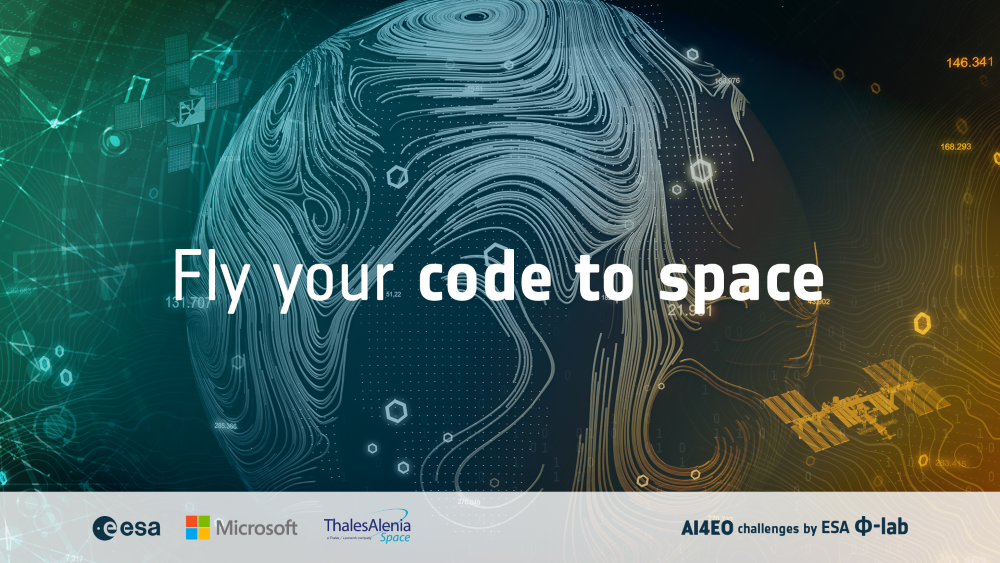ESA continues to explore the value of AI in space in partnership with Thales Alenia Space and Microsoft



ESA is fostering the advent of Cognitive Cloud Computing in Space (3CS) by capitalising on high-performance Artificial Intelligence (AI) accelerator chips directly onboard satellites. In a recently agreed initiative, ESA Φ-lab will launch a challenge with Microsoft and Thales Alenia Space to develop new Machine Learning (ML) models for a hyperspectral optical sensor aboard the International Space Station (ISS).
ESA’s vision for edge computing in space is to facilitate the development of an ecosystem of in-orbit information processing, and early work done by the Agency with its partners has proved the feasibility of such an idea. In particular, the Φ-sat-1 mission experiment used a powerful onboard AI processor to successfully filter out clouds from hyperspectral optical sensor Earth observation (EO) data.
The next step was to explore the possibility of classifying additional imagery features onboard and reprogramming the chip, a breakthrough achieved on the subsequent FDL, Unibap and D-Orbit Wild Ride mission. With AI software developed by FDL, Wild Ride enabled rapid segmentation of EO data for flood identification to take place on the satellite, and the software was also shown to be reprogrammable from the ground. This year, ESA’s next-generation Φ-sat-2 satellite will deliver a platform for the in-flight uploading, deployment and updating of third-party ML models.
As part of its remit to nurture innovation in AI4EO, ESA Φ-lab has actively participated in the development of these missions and continues to provide the means for advances in in-orbit data processing. A new agreement with Thales Alenia Space and Microsoft aims to launch an open challenge for ML applications to be deployed aboard the International Space Station (ISS).

Stéphane Terranova, CEO at Thales Alenia Space in Spain, explains his company’s role: “As part of our space edge computing development, we will be launching a high-performance computer, in-orbit application framework and state-of-the-art sensor on the ISS. The package will provide a fantastic opportunity to demonstrate and validate the potential of 3CS. Furthermore, partnering with Microsoft and ESA Φ-lab enables us to leverage their software and EO-data expertise. The mission will unlock new in-orbit climate data processing applications for the benefit of our planet’s sustainability through Earth observation.”
“Broadening access to onboard processing in space will lead to an increase in public participation and discovery of new use cases for Earth observation,” adds Stephen Kitay, Senior Director Azure Space at Microsoft. “By bringing Azure Orbital Space SDK [Software Development Kit] to the ISS installation, we can bring the best of Microsoft developer technology and capabilities to the space industry and this competition.”
The ESA Φ-lab team will create a toolkit for the challenge, giving participants simulated data from the ISS optical payload as the input to their applications. In parallel, the team will be running a similar but separate contest, with entrants submitting applications for Φ-sat-2.
Head of Φ-lab Giuseppe Borghi sums up the significance of the agreement and the challenges: “We’re thrilled to work with these two best-in-class partners in what will be Φ-lab’s first project involving the International Space Station. Our overall objective with both the ISS and Φ-sat-2 in-orbit demonstrations is to lower the space-sector barrier to entry for AI practitioners and in so doing encourage them to develop new models that will further revolutionise EO through 3CS.”
Details of the ISS and Φ-sat-2 calls will be published shortly, and updates can be found on the ai4eo.eu portal.
To know more: Φ-sat-1, Microsoft, Thales Alenia Space, Microsoft Azure Orbital Space
Main image courtesy of NASA/ESA–T. Pesquet
Share